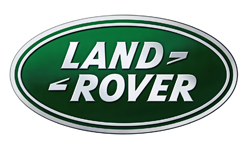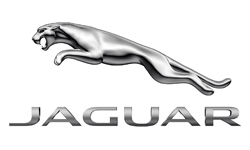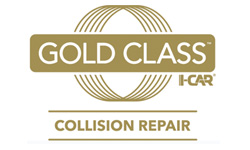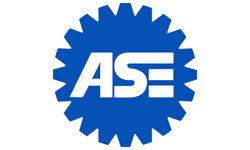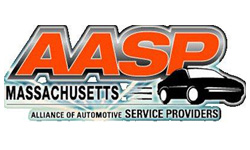Your car has been to the collision shop, it’s been repaired, made to look new, and you’ve taken it home. If it had a new paint job, your body shop technicians were meticulous in ensuring that the new paint matched the old paint. Paint is tasked with protecting your car from rust, so it’s up to you to keep it in shape.
Look for Flaws
As with any repair, if you notice something isn’t right, say something as soon as possible. This goes for paint too! One of the hardest parts about painting a car after a repair is matching the original paint.
- Look at the color on a bright sunny day.
- Check up close and from a distance.
- Look for hairs, dirt and overspray.
- The paint should be smooth and even.
Take Extra Care for 30-60 Days
When your car was new, you were probably extra careful with it, protecting its shiny new paint and treating it with some fragility. After a major repair, this is a great way to treat fresh paint! It needs time to cure and harden before it can truly protect your car. While new cars have time in a protected environment before they’re sold, a fresh repair is back out on the road ASAP. Make sure to give your paint a little extra love and care.
The following are some everyday things that can damage your paint.
Dirt Roads & Construction Zones
Loose gravel and dirt is on the road, it’s unavoidable. If you can avoid dirt roads and major construction zones while your paint is fresh, it will go a long way in protecting your paint, which is vulnerable to chips and scrapes from flying debris.
Scraping or Chipping at Snow or Ice
In winter (or long-lasting spring), chipping away at snow and ice on your windshield is necessary. Make sure you’re not scraping it from the paint too!
Splattered Bugs
Splattered bugs on the windshield are an obvious annoyance, but thanks to the acidity of bug splatter (ew!) they’re also damaging to your paint and can become permanently etched into the surface.
Bird Droppings
As gross as it is go find bird poop on your car, the droppings can also be full of acidic berries, hard seeds, and other grainy bits that can dull and scratch the paint on your car.
Tree Sap
Parking under a tree leaves your car vulnerable to more than damage from animals, it might leave your car covered in sap! Sticky and full of chemicals that aren’t meant to interact with car paint, it’s best to find another shady spot to leave your car.
Sunlight
Sunlight can also damage your paint. The UV rays cause paint to dull and fade, just like they can damage your skin.
Commercial Car Washes
Keeping your car clean is an important part of protecting the paint! It’s best to hand-wash new paint in cool water with mild soap with a soft sponge or cloth. Don’t use chemicals, avoid dish or laundry detergent, and make sure your water is clean and not full of dust and pebbles. Avoid leaving it to dry in the sun.


